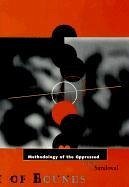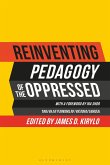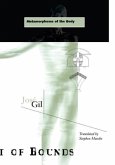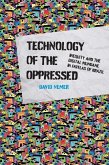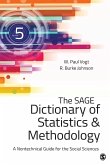In a work with far-reaching implications, Chela Sandoval does no less than revise the genealogy of theory over the past thirty years, inserting what she terms "U.S. Third World feminism" into the narrative in a way that thoroughly alters our perspective on contemporary culture and subjectivity. What Sandoval has identified is a language, a rhetoric of resistance to postmodern cultural conditions. U.S liberation movements of the post-World War II era generated specific modes of oppositional consciousness. Out of these emerged a new activity of consciousness and language Sandoval calls the "methodology of the oppressed". This methodology -- born of the strains of the cultural and identity struggles that currently mark global exchange -- holds out the possibility of a new historical moment, a new citizen-subject, and a new form of alliance consciousness and politics. Utilizing semiotics and U.S. Third World feminist criticism, Sandoval demonstrates how this methodology mobilizes love as a category of critical analysis. Rendering this approach in all its specifics, Methodology of the Oppressed gives rise to an alternative mode of criticism opening new perspectives on a theoretical, literary, aesthetic, social movement, or psychic expression.

